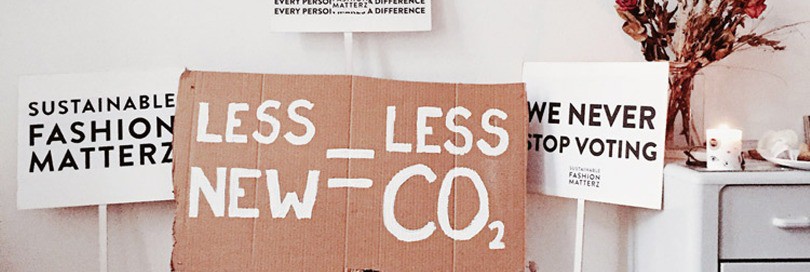Ecodesign for Product Sustainability Regulation: what should economic operators expect?
2024-09-22
In June 2024, the EU took another step towards building a climate-neutral and circular economy and a greener environment. This is the adoption of the new Regulation (EU) 2024/1781 of the European
…
Parliament and of the Council of 13 June 2024 - Ecodesign for Product Sustainability Regulation. The purpose of these innovations is declared to be quite noble - to increase product durability, reliability, maintainability, modernisation, reusability and recyclability, as well as to reduce waste generation and generally negative environmental impacts. Time will tell whether these goals will be achieved, as the first phase of implementation of these innovations is scheduled for July 2026. This article will help you understand what manufacturers, importers and other stakeholders can expect in the near future and the role customs will play in monitoring compliance with the new requirements.
Anthony Buckley
€

Komentarai ()
Norėdami parašyti komentarą, turite